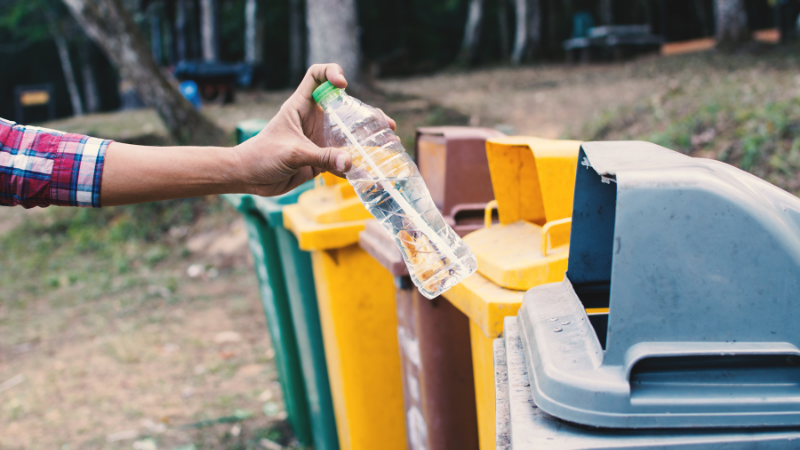This website uses cookies so that we can provide you with the best user experience possible. Cookie information is stored in your browser and performs functions such as recognising you when you return to our website and helping our team to understand which sections of the website you find most interesting and useful.
An “Approved by Tomorrow” snapshot

From February to March 2021, Euroconsumers’ members Deco Proteste (Portugal) and Proteste (Brazil), together with 7 other consumers organisations joined their forces with Consumers International to conduct a global assessment of the recyclability of packaging and effectiveness of labelling for 11 products. Our goal: get a global snapshot of the consumer experience when buying and attempting to recycle everyday household goods. A growing number of consumers is indeed willing and motivated to recycle. Unfortunately the list of hurdles they have to face is long: from facing packaging that is misleading, unclear, and not recyclable in practice to unequal access to adequate recycling infrastructure. Urgent actions are needed from companies, governments, and standard setters to apply a consumer rights lens to create an accessible, comprehensive, and effective consumer recycling experience. #Approved by Tomorrow
Key Findings
Confusing labelling leading to incorrect recycling practices
The research highlighted that recycling is currently not working for consumers among the nine countries interviewed. On average, 35% of the packaging weight across all 11 products is not easily recycled in practice, even if 74% of consumers in Europe, the United States, and South America are willing to pay more for sustainable packaging. This can be explained by misleading, unclear, and confusing labelling. Labels are not clearly indicated on packaging and even if the packaging is recyclable the information is sometimes not available.
In addition, best practices in sustainable packaging, labelling information, and recycling infrastructure varied across countries. In Portugal, 90% of packaging weight across the 11 products was easily recyclable versus 61% in France.
Recycling practices depend on governments’ adequate infrastructure and policy framework
Unequal access at the local and national level to recycling infrastructure should be addressed to cater for the growing numbers of consumers willing and motivated to recycle. Although governments respond to consumers’ concerns over waste and recycling through strategies and policies to reduce waste, there is a clear need for governments to implement recycling policies and infrastructures allowing better recycling practice.
Recycling practices require responsibility from companies
Companies are critical actors in providing access to sustainable products that are easy to recycle in practice for all consumers. They can drive progress towards sustainable packaging and set high standards for recycling information across all markets. They also must contribute towards their packaging being collected and recycled in practice. Although an increasing number of companies such as the eight companies producing the tested products, start to commit to a substantial global reduction in packaging waste, the survey shows that their efforts are not sufficient to support effectively consumers’ willingness to improve their recycling practices.
Companies, governments, and standard setters urgently need to apply a consumer rights lens
Lack of shared responsibility across marketplace actors (government and companies) and the heterogeneity of labeling standards across markets leads consumers to wide confusion among consumers over recycling do’s and don’ts.
For packaging to be recyclable, it has to be recyclable in practice. The research indicated that in some cases the full journey of the packaging is not taken into account. For producers, ‘recyclability in practice’ appears to be overlooked. The local experts found that while a product may be made of recyclable material, it must complement the local infrastructure in order to be recycled in practice.
Discover the full report in details here.
The Consumers Lens on Packaging
And see the infographic summarising the key findings here.


